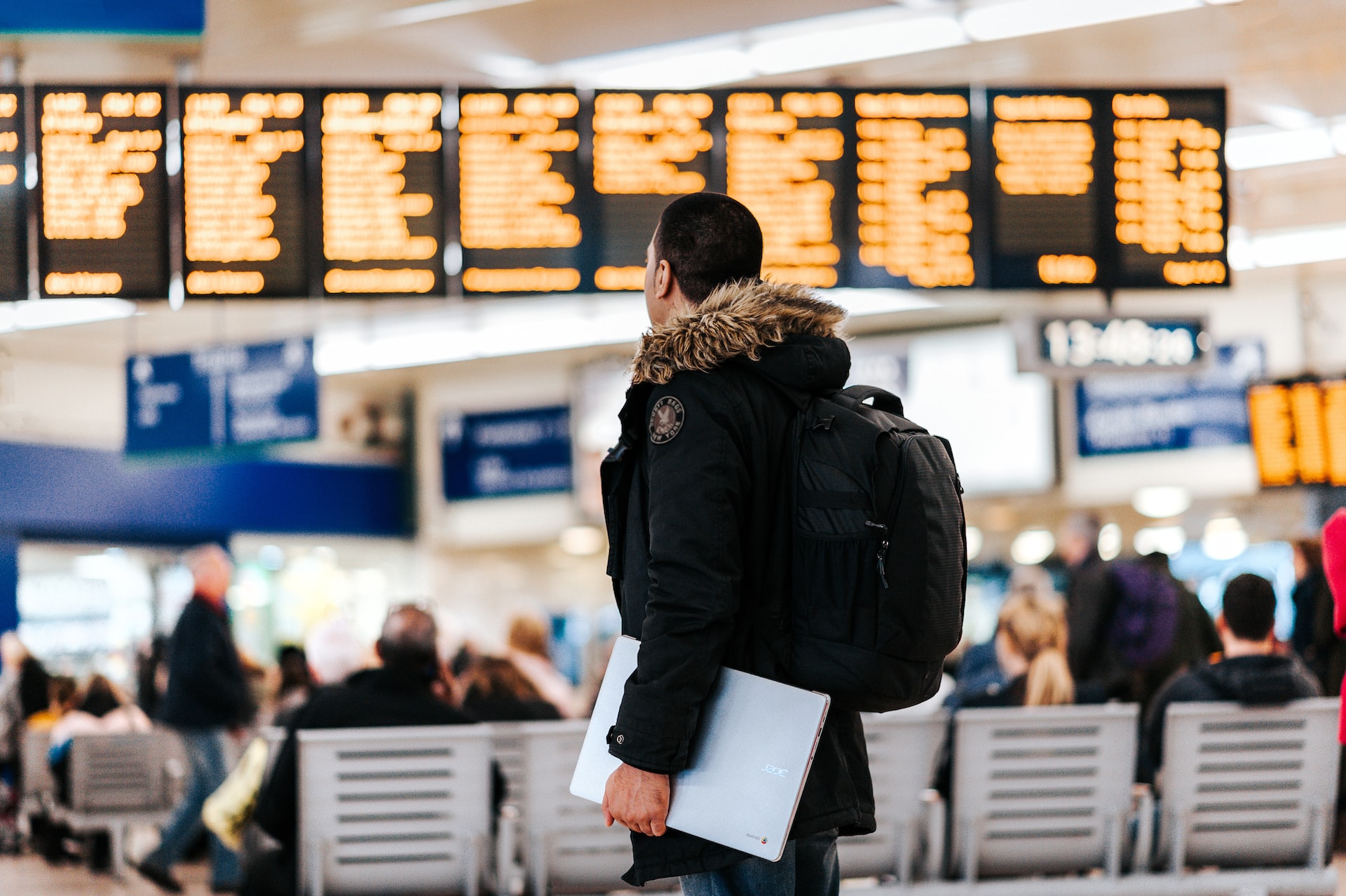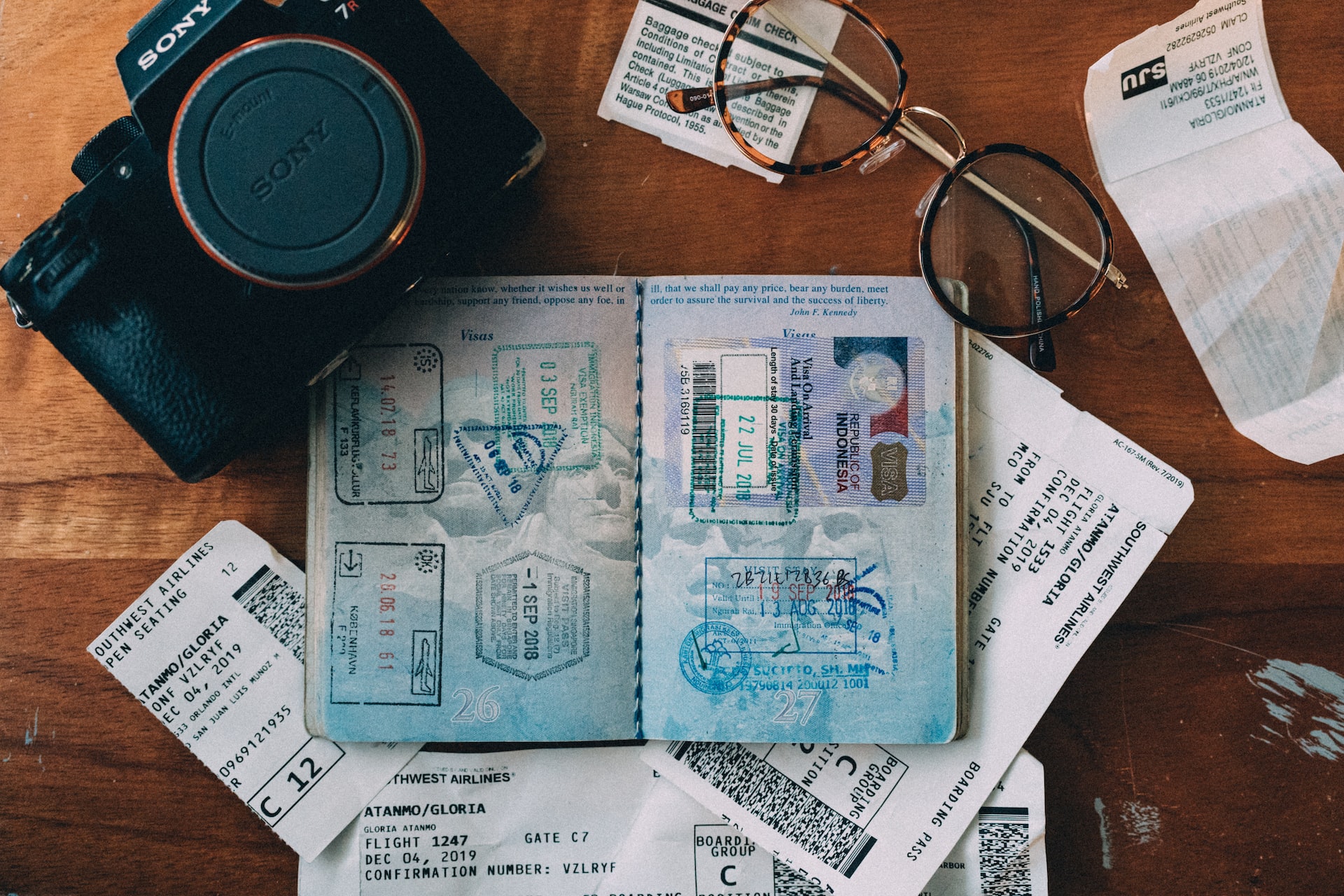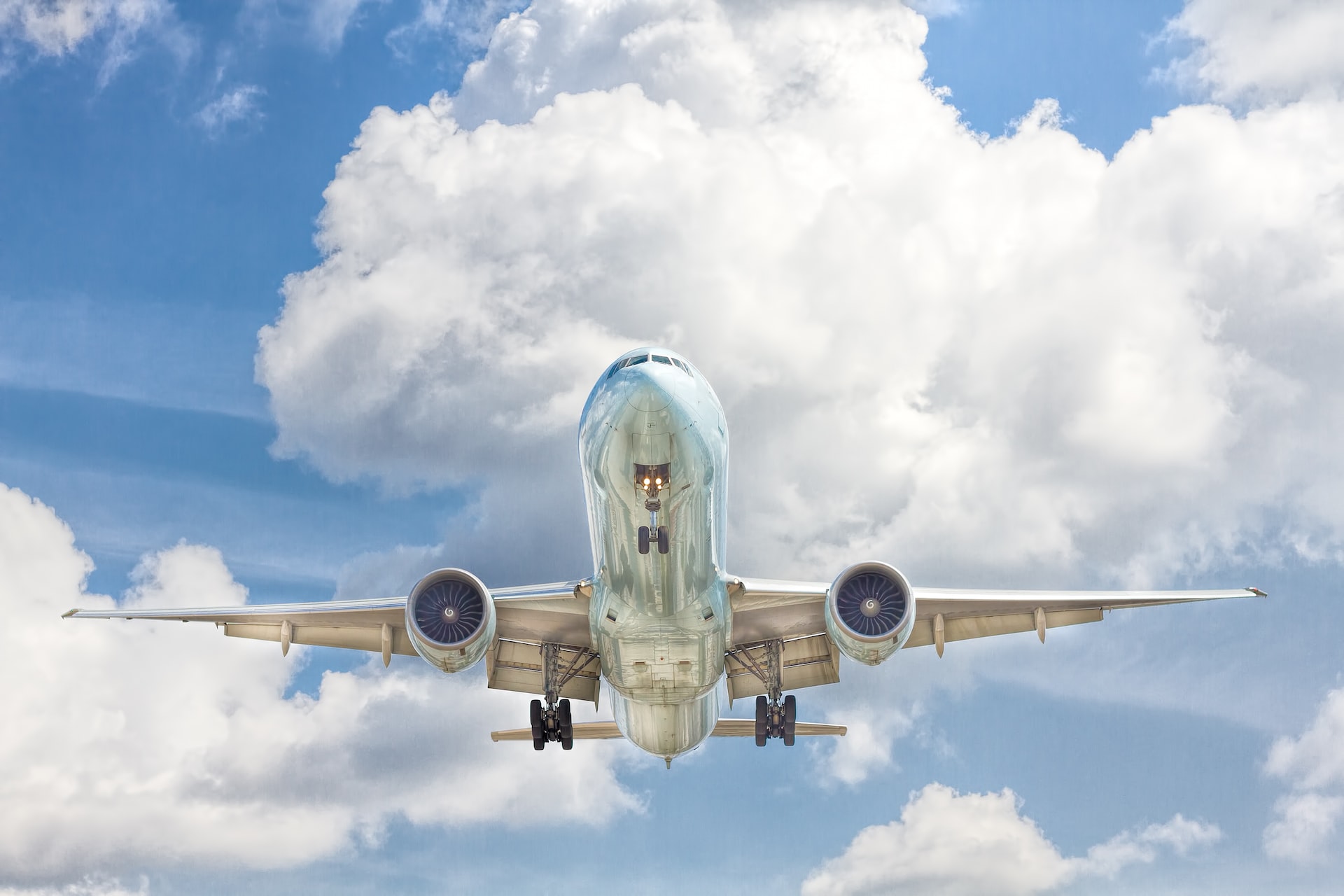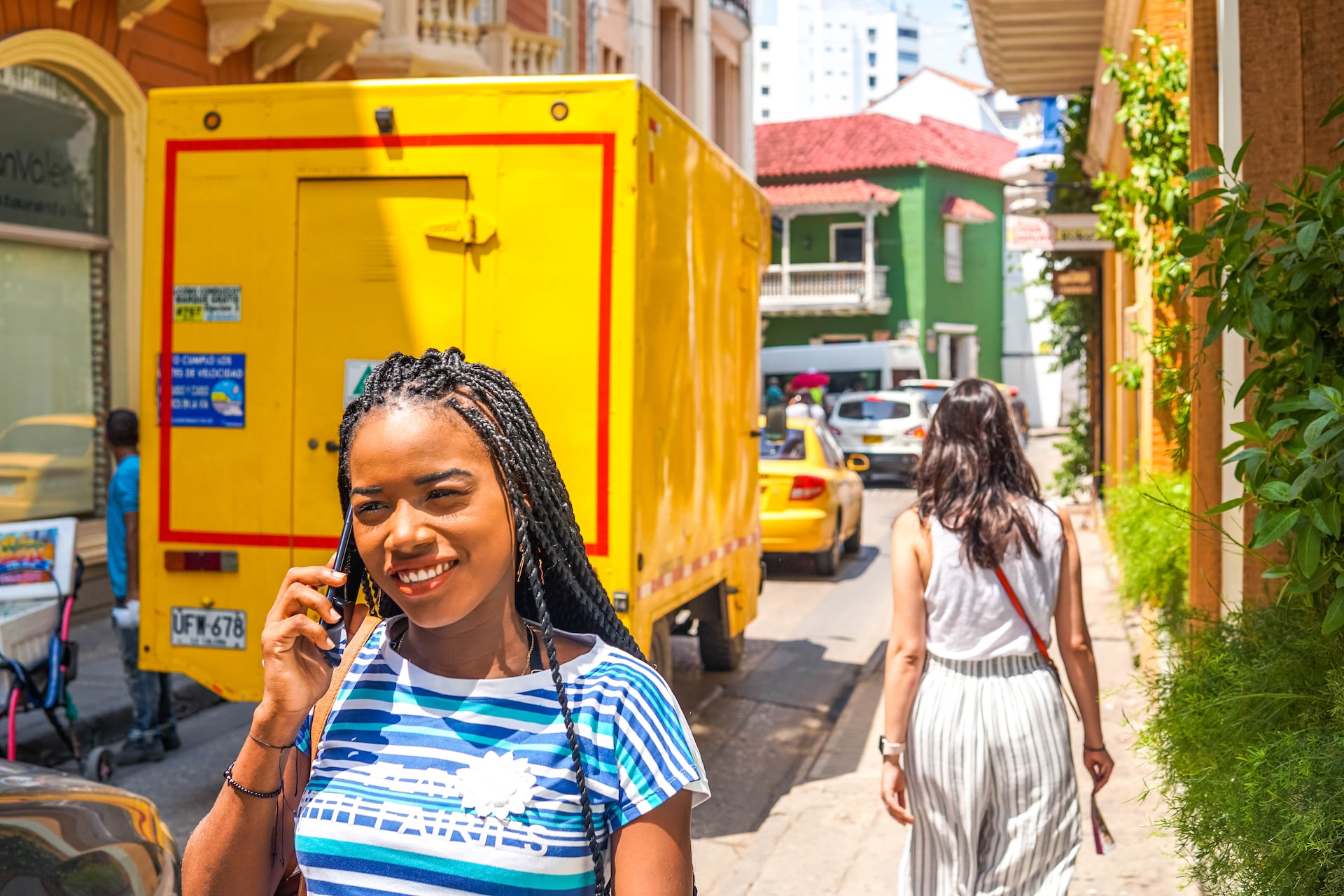One of the things that makes an international destination so exciting is the fact that it’s different from your home country. However, that can also be what makes international journeys challenging if you haven’t made proper travel plans.
It’s always advisable to research and prepare for a trip, as you may find the day-to-day existence, language, customs, and culture quite different from what you’re used to. Practical elements of everyday life can likewise be vastly different.
From public transportation to medical care, all kinds of goods and services may vary. For example, in many European countries, the majority of shops and pharmacies are closed on Sundays. Plus, everyday customs and interactions can be quite distinctive. Long story short: the more you research and prepare for your trip, the less culture shock awaits you.
Ready to start planning an international adventure? These travel tips can help.
1. Check Travel Warnings & Advisories

Before you book a ticket to a far-flung locale, research current travel warnings and advisories. The U.S. Department of State is an excellent resource, providing travel alerts and warnings for countries all over the world. Checking this in advance ensures you’re headed somewhere safe and secure. Be aware that locations with safety advisories issued by the State Department may not be covered under your travel insurance.
Finally, U.S. citizens can register their trip with the State Department’s Smart Traveler Enrollment Program (STEP). This is especially useful if you’re traveling to risky, remote, or unindustrialized countries. You can register online and provide your itinerary so the U.S. government knows your whereabouts.
You can also provide emergency contact information of family and friends, who can then contact the State Department if they lose track of you and want to locate you. This can provide added peace of mind for yourself and your loved ones.
2. Research COVID-19 Regulations
Researching a country’s entry rules is especially important in the time of COVID-19. Regulations, restrictions, and travel warnings for different countries are constantly evolving. Some places may not even allow non-residents or non-citizens to enter.
Others may require proof of vaccination or a recent negative COVID-19 test to be allowed in the country. Some airlines verify this documentation upon check-in. Without it, you may not be allowed to board your international flight. Also, countries vary on mandates like masking. In some European countries, FFP2-grade masks are required in shops, for example.
3. Get a Passport and Possibly a Travel Visa

If you’re going to travel internationally, you need a valid passport. Check your document’s expiration date to ensure it’s still up to date. Note that most countries require your passport to be valid for six months after your intended return date.
It’s generally advised to renew your passport nine months before its expiry date. Keep in mind that the renewal process can take anywhere from two to three months — although there are expedited services you can get for an added fee if you need it faster.
In addition to a passport, you may need a visa to enter your travel destination. Check with the State Department to determine what travel documents you need. They offer country-specific information regarding visa requirements. Make copies of your passport (just the first page) and any visa paperwork, then carry them separately from the hard copies.
4. Stay Up-To-Date with Vaccinations
There’s nothing worse than getting sick on vacation. Depending on where you go in the world, you may need to get certain vaccinations to protect your health while traveling. Check your vaccine record and make sure your basic vaccinations like tetanus are up to date.
Then, take a look at the vaccine recommendations for your destination. The Centers for Disease Control and Prevention (CDC) provides advice on what immunizations you should have. For example, tropical locations may require getting vaccines for diseases like yellow fever and cholera.
When getting any vaccine, make sure to leave at least six weeks from your vaccine appointment to your intended departure date. This avoids last-minute stress and gives your body time to build up antibodies in response to the vaccine, increasing efficacy, and keeping you safe. Finally, ensure you bring recognized proof of immunization.
5. Fill Prescription Medications

If you take any medications regularly, such as insulin for diabetes, get your prescriptions filled before you go. It’s best to bring extra beyond your intended trip timeline. If you get held up, you want to have your meds on hand because getting a prescription filled in a foreign country can be tricky.
Have photocopies of your prescriptions with you, and if your medications require syringes to administer, get a note from your doctor testifying to this, otherwise, you may have trouble at airport security. Before you go through security, declare any syringes to the security agents.
Finally, note that medications approved in your home country may not be permitted in your travel destination. Check with the foreign embassy of your destination country to ensure any prescription drugs you might bring aren’t illegal there.
6. Note Exchange Rates and Acceptable Payment Methods
Look up the local currency in your destination country and determine acceptable methods of payment. In some locations, credit cards and debit cards may not be commonly accepted, and you’ll have to use cash. If you’re going to change money, look up exchange rates in advance, so you know what to expect.
It’s generally best to avoid changing money at the airport if possible, as they tend to charge higher fees. You might be able to simply withdraw cash at a local ATM upon arrival. Just be aware of ATM fees! Also, keep in mind that foreign ATMs may not be readable — for example, in countries with different alphabets. Memorize your ATM pin codes in case.
Make sure to alert your banks and credit card companies that you’ll be traveling. Otherwise, you may be unable to access your funds due to security controls. Finally, make sure to have emergency information for your credit and debit cards. Your bank will likely have a number to call to block your cards if they’re stolen or lost while you’re abroad.
7. Consider Travel Insurance

Your health insurance may not cover you while you’re in a foreign country. Double-check and, if not, invest in a fitting travel insurance package. Travel insurance also often includes extra add-ons worth paying for, like medical evacuation.
You can also look for travel insurance packages that cover things beyond health insurance. Some packages cover expenses like a trip interruption and digital device protection, such as if your laptop is stolen. If it’s your first time buying travel insurance, shop around and check the terms and rates of a few different providers before settling on one.
8. Research Transportation Options
When booking flights for an international trip, compare a few different flight-finder search engines before buying your ticket. You might be able to find deals and save some money — meaning more to spend on activities, food, and souvenirs!
In addition to booking plane tickets, consider how you’ll get to the airport on your travel day and line up a ride in advance if needed. Further, figure out what you’ll do when you arrive at your target destination. Does your accommodation offer a shuttle? Will you take a taxi — and, if so, do you need cash? Don’t assume that you can simply Uber, as it’s not available in all countries.
Depending on where you go, public transportation might be an option. Figuring out a route to your accommodation in advance will save you stress upon arrival. Remember, you’ll likely be tired after a long-haul flight. Write down your route for easy reference. Also, if you plan to use public transportation throughout your visit, look into weekly or monthly passes to cut costs.
A rental car is another possibility. It’s best to book this in advance. You don’t want to show up at a rental car counter only to discover a lack of suitable vehicles. Further, make sure your driver’s license will be recognized in the country you’re headed to.
9. Pack Appropriate Clothing

When packing your suitcase, look up the weather in your travel destination to determine what clothes to pack. Consider your outfits from head to toe, including footwear. For example, if you’re headed somewhere sunny, you’ll likely want a hat and sunglasses for protection. If you’re going on a hiking adventure, you’ll want appropriately sturdy shoes.
Culture is another factor to consider when packing clothing. In more conservative places, you may need to cover your shoulders and legs, for example. There are also more practical cultural concerns to consider. In Japan, for instance, people remove their shoes before entering a home or temple. You may, therefore, want to wear shoes that are easy to slip on and off.
Finally, make sure to bring a sweatshirt or shawl for the airplane. Planes can get quite chilly, and they don’t always have blankets for everybody. Even if you’re headed to a warm tropical destination, you don’t want to spend a long-haul flight shivering and cold.
10. Don’t Forget Toiletries
It’s best to bring your essential toiletries (and any valuables) in your carry-on bag. In case your checked bag is lost or delayed, you’ll have at least the basics at hand. You should also pack any prescription medications along with your toiletries in your carry-on for the same reason.
Here’s a quick suggested toiletry packing list:
- Dental kit
- Hairbrush
- Face lotions
- Soap
- Shampoo and conditioner
- Razors
- Hand lotion
- Basic over-the-counter medications, like painkillers
- Hand sanitizer
11. Set Up an International Phone Plan

Determine in advance how you will handle telecommunications on your trip. You don’t want to come home from your vacation rested and relaxed, only to be hit by a giant cellphone bill. Check whether your mobile provider offers international data plans to help you save.
In some destinations, you might be able to buy a local SIM card with a temporary local number you can use to skip the data roaming expenses and stay connected. This can make sense for longer stays.
Finally, make sure to write down some essential numbers and keep them separate from your phone in case it’s lost or stolen. These could include the phone number of your home country’s local embassy at your target destination and the number of an emergency contact back home.
12. Buy Necessary Phone Accessories
You don’t want to go through all the trouble of setting up an international phone plan only to discover that you can’t even charge your phone in your new location. Different countries have different types of chargers, with their own configurations and voltages. Look up the charger situation in your target country online and get an adapter or converter if needed.
Suppose you’ll be spending a lot of time in transit. In that case, you may also want to get a portable charger to keep your phone, laptop, tablet, and other devices fully powered. Stash your portable charger in your carry-on bag, where you can easily access it anytime.
13. Understand Travel Etiquette

If you’re going to a new country with unfamiliar customs, look up etiquette. This can help prepare you to avoid a potential culture shock. For example, if you are introduced to someone in Belgium, don’t be surprised if they greet you with three alternating cheek kisses. Meanwhile, in some Muslim cultures, it’s not polite for men and women to shake hands.
It’s also helpful to learn a few basic phrases in the local language, such as “please,” “thank you,” “hello,” and “goodbye.” Making this small effort can help ingratiate you with the locals and make your stay that much more pleasant. Researching tipping etiquette is another good idea. Travel guidebooks often have these details!
14. Book Your Vacation Rental in Advance
With the above points taken care of, you can move on to the more fun part of vacation planning — deciding what to see and where to stay! Trust VacationRenter to find comfortable and affordable accommodation wherever you’re headed.
Go ahead and book your accommodation when booking your flight. Don’t save it until the last minute! Your accommodation is your home away from home, and you want to ensure you get a comfortable place you love — not just what’s left on the market. VacationRenter offers a diverse range of options to suit different needs and price points.
Aside from price, amenities are another major consideration when booking accommodation. For example, if you want to save money on food, you might prefer a place with a kitchen so you can cook. Location is another factor, so research neighborhoods in your target destination before you arrive, assessing proximity to attractions, nearby transportation, and safety.